Anxiously Waiting

Those back-to-school jitters have gotten to all of us at some point. Whether it was starting at a new school, getting a locker for the first time or realizing you didn't know a single person in your class, the beginning of a new school year can be really stressful. But, as adults, it's sometimes hard to remember how overwhelming those feelings once were and what exactly helped fix it. If your child is starting to panic about going back and you're at a loss for how to handle it other than just reassuring her that it will be OK (you hope), don't fret. Here are some tips for helping kids ease into a new school year with more excitement than nerves.
Set the Tone
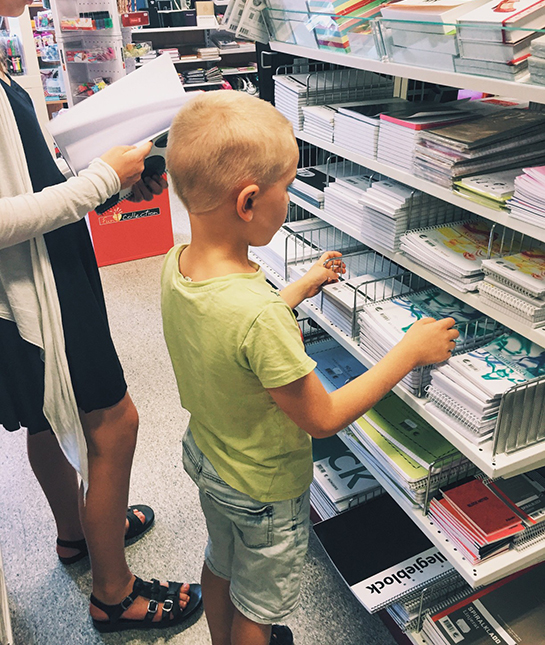
As parents, the way in which we decide to approach the new school year will heavily influence our children's feelings about it. "Sometimes, as adults, we get anxious and that adds to the child's fear or creates the child's fear in the first place," says Marian Fritzemeier, PhD, speaker, educator and child development specialist. Negativity and enthusiasm are both very contagious, she notes, so watch how you're asking questions. For instance, instead of leading with, "Are you nervous to start at a new school?" ask more neutral, open-ended questions such as, "How are you feeling about going back to school?"
Talk Up the Good
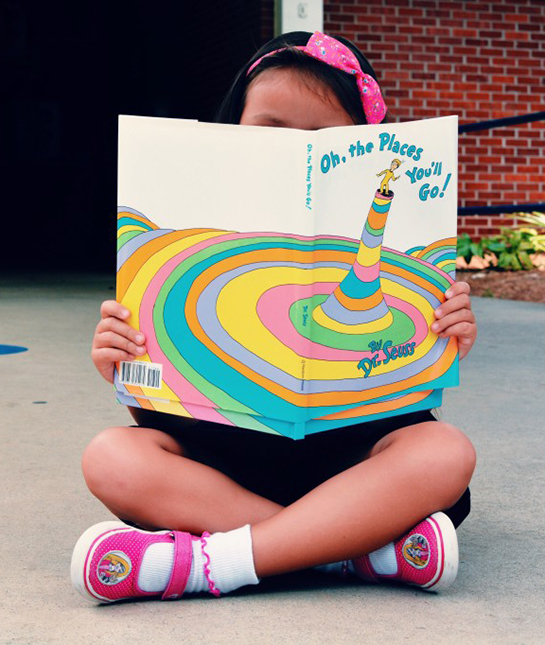
One way to maintain a positive tone and ease anxiety is to focus on the things your child has to look forward to this upcoming school year or the things they've enjoyed or excelled at in the past, says Fritzemeier. For example, perhaps moving up a grade means they're going to have more recesses or their own locker. Whenever your child starts to sway toward a negative thought, try to counteract it with a positive one.
Refresh and Refocus
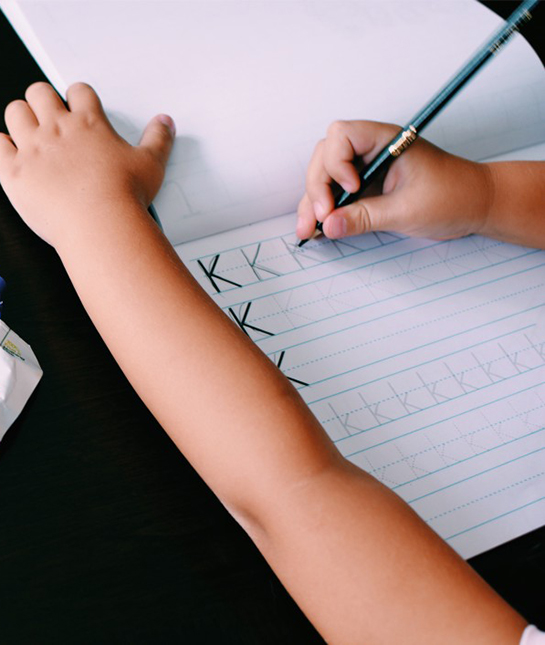
Often, an underlying issue with back-to-school anxiety can be pinpointed to a child's least favorite subject. The best way to tackle this is with practice, says Kate Whiting, CEO of Educents, an online marketplace of innovative educational products. "In July and August, spend a few minutes a day reviewing last year's tricky concepts so your child will be set up for a successful September," says Whiting. After breakfast each morning, spend 10 to 15 minutes reviewing for school and then go to the park or pool as a reward.
Make It Fun

Another way to make your child's least favorite school subject feel less daunting is to find creative ways to make it more approachable. For kids who are intimidated by times tables, parents can use Times Tales, which uses funny stories to help kids memorize tricky multiplication facts, says Whiting. Or, if they're having trouble with fractions, do some hands-on practice in the kitchen with measuring cups and the ingredient of their choosing (such as cereal, chocolate chips or coconut shavings), allowing them to sample a treat each time they get an answer correct.
Everyone Gets Nervous
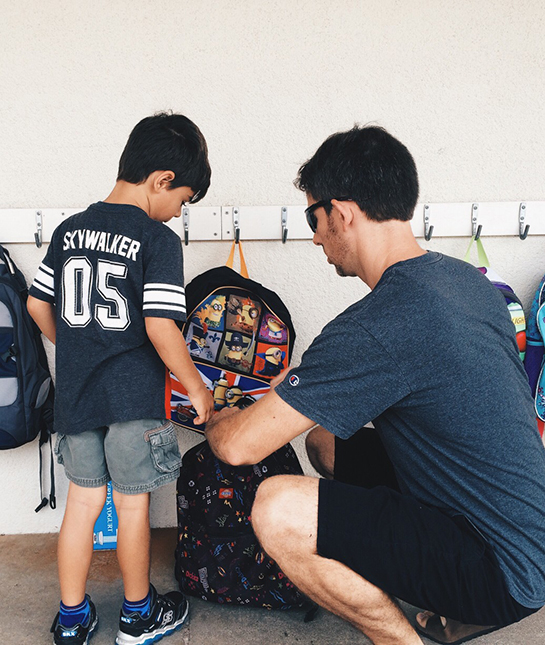
Helping your child understand that he's not alone in feeling nervous can be a big step toward calming him down. Also, Fritzemeier suggests that when your child opens up to you about his worries or concerns, try not to brush it off with a response like, "Don't worry, everything will be fine." This minimizes his feelings. Hear him out, ask why he feels anxious and help him understand that it's both normal and common.
Read About It
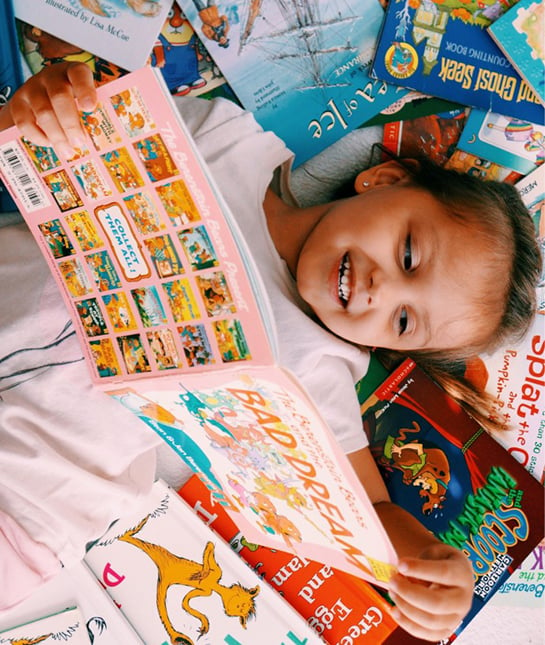
Going along with the "you're not alone" theme, children's books are a great way to ease the anxiety. "Books really help because it's someone else in the situation, not the child," says Fritzemeier. And a popular children's book theme seems to be about going back to school. A few of Fritzemeier's favorites include, "On the First Day of Kindergarten," "A TigerTail (Or What Happened to Anya on Her First Day of School)," "Clifford Goes to Kindergarten," "First Day Jitters," "The Kissing Hand" and "This School Year Will Be the BEST!" Even if your child isn't showing signs of anxiety, incorporating books about school into your reading rotation couldn't hurt.
Make Sleep a Priority
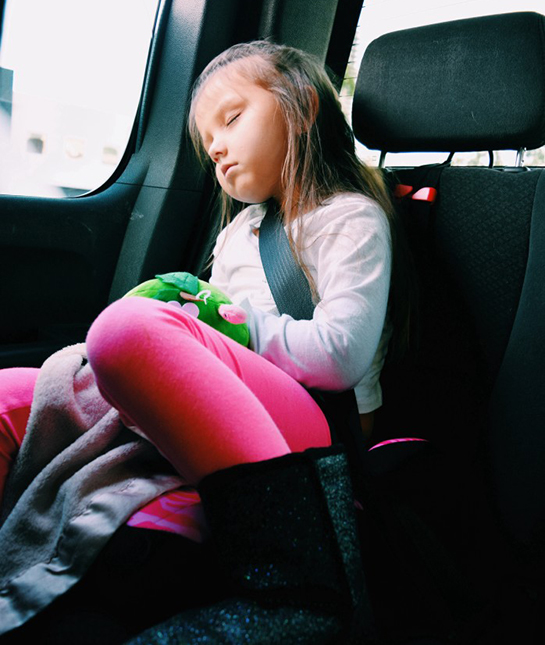
If there's one thing that Fritzemeier has seen too many times, it's that tired kids make for stressed-out kids. And waiting until the night before school to go back to an 8 p.m. bedtime when the kids were staying up until 11 p.m. won't help with anxiety. She suggests going to bed and waking up 10 to 15 minutes earlier each day so that the kids have the best chance of a good night's rest by the time the first day of school rolls around. "It really is a win-win for everybody," she says. "It will also be easier for parents not to be dragging the kids out of bed."
Return to Routine
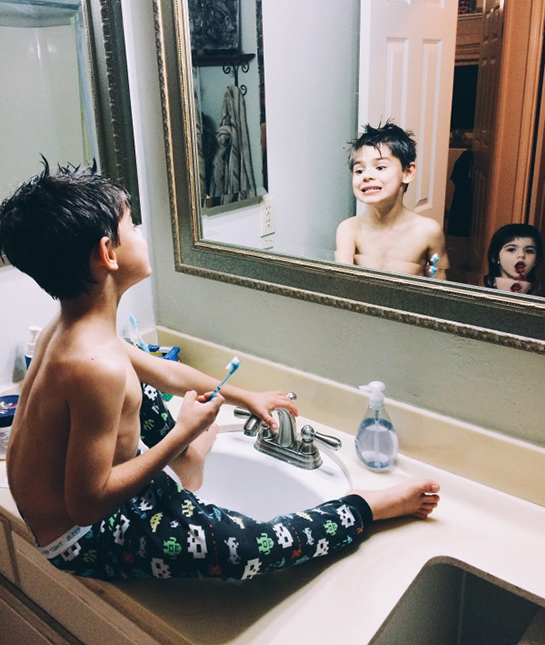
Routine is perhaps one of the most effective ways to boosting mood and energy levels. The reason? "People thrive on routine because the consistency gives us a sense of structure and familiarity," says Fritzemeier. "It helps people build confidence and feel secure each day." This is especially true for your kids as they return to school. When their new back-to-school clothes are laid out, their backpacks are packed and they know exactly what they need to do in the morning, the momentum will take over and the nerves will subside.
Check It Out

This one is a must for kids starting a new school but it can certainly benefit any child experiencing back-to-school jitters. Fritzemeier suggests visiting the school ahead of time and finding your child's classroom, seeing if you can meet the teacher and letting her test out the playground equipment. For junior high and high school students, walk through their schedules with them, finding the best routes to each class.
Exam Excellence
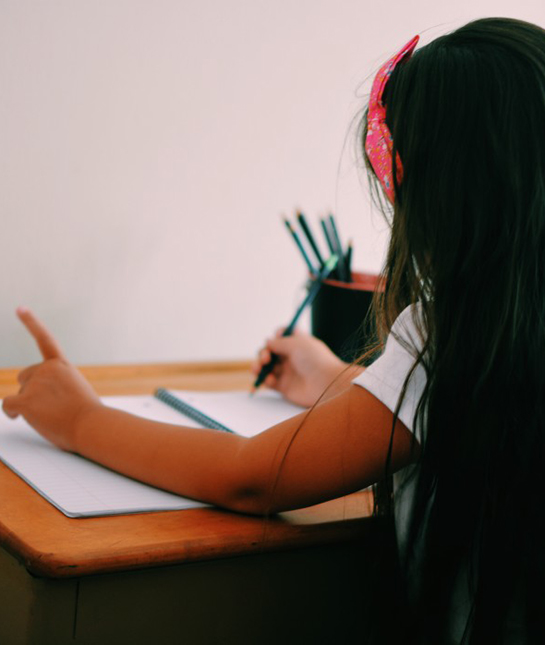
Those first few exams can be especially gut-wrenching—for kids and parents. A few ways to ease those nerves is to make test-preparation a daily activity and part of your routine a week before the test, says Whiting. "Review concepts with breakfast, dinner or dessert to make sure your child is confident in the skills being tested," says Whiting. "Then, practice taking tests at home so your child is familiar with concentrating and feeling the pressure of a time constraint."
Empower Your Child
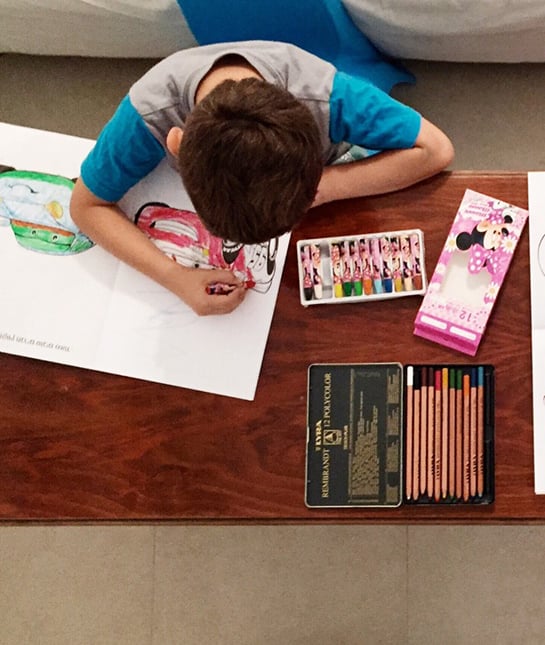
"It's easy to focus on all of the worries, but we can turn those worries into skills and use it as an opportunity to practice problem solving," says Fritzemeier. For instance, remind your child of a time when he was scared but ended up figuring out a solution: "You were really nervous about T-ball but then it ended up being your favorite." Figure out what helped his nerves in that situation and use the same strategy for going back to school. One creative tactic that's worked well for Fritzemeier's grandkids is they would pretend to have "butterfly surgery" to remove all of the butterflies in their stomachs. Role-playing can be effective, too, she notes. Especially for younger kids, you'll hear what they're nervous about while they're playing with their dolls or toys. When you play with them, help them discover what will put their "dolls" at ease.
Ready, Set, Go

Make the process of getting ready for school a fun one. Give your kids a budget on what can be spent on school supplies or clothes and then allow them to select their own outfits, backpacks and supplies. Start early (which will lead to better deals) and spread it out over time, suggests Fritzemeier. "If you have a child who is nervous, cramming all of your shopping into one day will set that nervousness more," she says. "Break it up, spending one day to get the backpack, one day to get an outfit, and so on."
Be Proactive
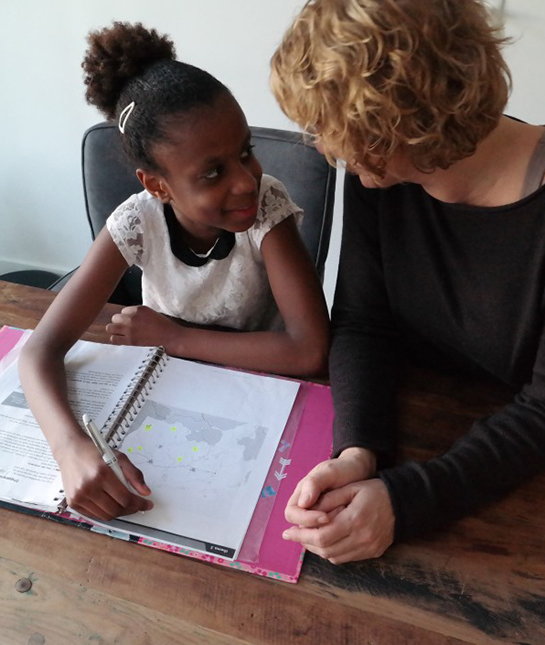
Instead of saving the back-to-school talks for the week before, casually incorporate the topic into your everyday conversation and do back-to-school "transition" activities from time to time. "Find out what would make going back to school fun or easier," says Fritzemeier. A few ideas include: Riding the city bus if they're going to be taking the bus for the first time; painting a picture to give their teacher on the first day of school; or calling a friend from school they haven't seen all summer.
Signs the Anxiety Is Problematic
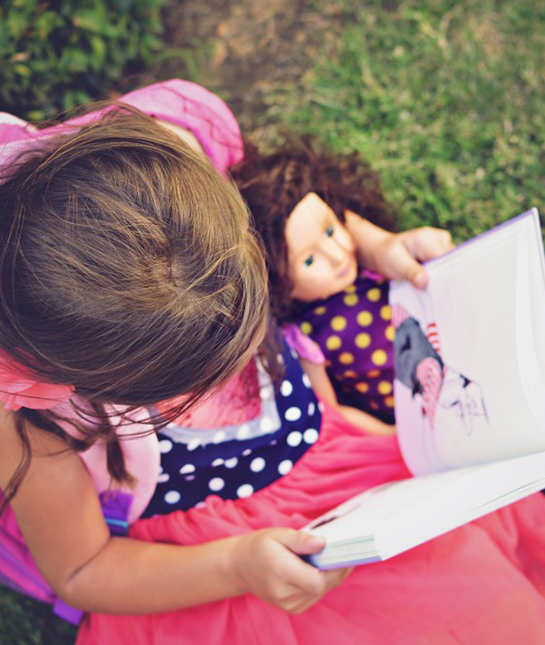
The most important takeaway to remember is that a child's anxiety should never be ignored—no matter how trivial the problem may seem to an adult. Also, be aware of when anxiety is considered abnormal. Fritzemeier points to research from the University of Connecticut, in which the researcher uses three guidelines to determine when anxiety is problematic: 1. It persists for a few weeks; 2. It's developmentally inappropriate and causes an impairment; 3. You're changing your routine to accommodate the anxiety. If your child's anxiety is causing any of these to happen, it may be worth seeking professional guidance.




